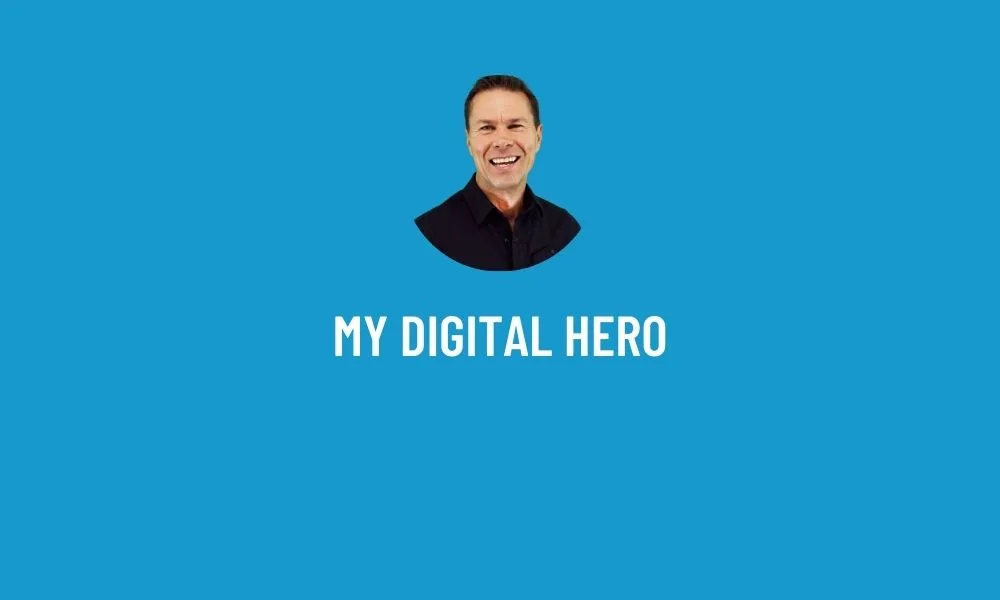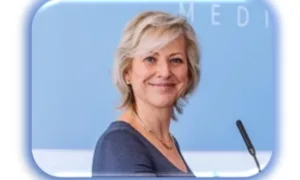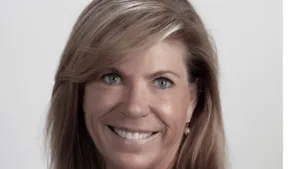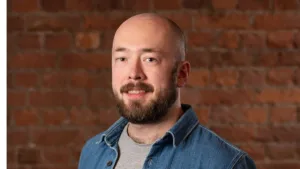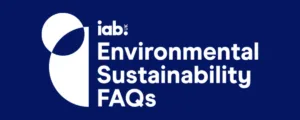Jason Trout is Global Chief Digital Officer, Peach. He has over 25 years’ industry experience so we asked him who his digital hero is. And he ended up picking two.
Who is your digital hero?
Not easy. It’s just over a year since Nick Reid had the temerity to choose three heroes. I’m not going to repeat that but I am going to pick two heroes and one aficionado. Nick and I worked together launching EMAP Digital back in 2006.
From memory, Nick was the only person in the team who could fix the fax machine. So, contrary to popular wisdom, bookings went down when he was out and up when he was in, getting his hands and fingers dirty.
Hero number one is Dilip Dasilva. The CEO who could do everyone else’s job because he really had at one point. First and foremost a developer who cares passionately about the quality of the user experience in driving outcomes for brands and their customers.
The technology that Dilip and the teams at Exponential (now VDX.Tv) build is best in class and one of the best kept secrets in adtech. Hero number two is Dhiraj Mukherjee, one of the founders of Shazam and someone that I had the pleasure of working with when he launched Ditto, a social media platform that helped users discover music and movies across the Emap portfolio.
Aficionado of note is Paul Gubbins, Publica. I’ve never met anyone who is so passionate about all things digital, it’s infectious and keeps you on your toes. Despite his affinity for all things Noel Gallagher, brown tweed jackets, Minder (The Terry years) and one-finger typing, he continues to provoke, promote and progress the path to a better digital ecosystem.
What have they done to win hero status in your eyes?
For the last 20 years, Dilip has steered his privately-owned company through the normal highs and lows of being plugged into the digital ecosystem. His single-minded pursuit of excellence and mission to create an adtech business for the long run is surely an oxymoron in today’s M&A culture. However, it’s the altruistic side of Dilip that is really unique.
Notwithstanding the time and money that he puts back into supporting the less fortunate folk that live in his part of the world. It’s his reaction to the COVID uncertainty that we all had to deal with in March/April 2020 that stands out for me. Like many businesses worldwide, he asked his employees to sacrifice some salary for a period in order to preserve cash flow.
Once the worst was over and the run rates returned to more predictable levels, he paid back every employee the money they had sacrificed PLUS interest for the corresponding period. Valuing your people as much as you value your customers is often quoted but rarely seen in practice.
Dhiraj opened my eyes to the possible, and how you could scale something from nothing if you believed enough in it. Dhiraj is a very humble guy and always made time for people to pass on his experiences and ways of looking at problems and opportunities. Shazam was sold to Apple in 2018 and has been around for over 20 years now with over a billion downloads.
To have built a tool that long ago that is still used by the youth of today is pretty special. Dhiraj now spends most of his time supporting entrepreneurs, innovators and inspiring people wherever he goes.
Paul won Ad Tech personality of the year in 2018 for good reason. Whether he is speaking on a panel, moderating a session or producing opinion pieces, he does it with enthusiasm, knowledge and creates debate and awareness. The thing I value the most though is the personal relationships he builds and maintains rather than spending that time building a personal brand.
How has their heroism helped drive digital?
All of them have an unswerving dedication to focussing on what is right, both ethically and for the communities that they serve. True leadership is as much about how you empower your organisations to be their best selves and striving for excellence.
My two heroes are very different in personality and achievements but have the same philosophy. In their own way they have helped shape the industry we are lucky enough to be in now through the businesses they build and the altruism that guides their behaviour.
Paul continues to put himself out there and contribute to the necessary discussions. He is also very accessible and makes it easy for non-experts to get a good overview of the challenges and potential solutions.
What are the biggest challenges in digital we need another hero to solve?
We must not get away from the fact that great creativity remains the key to real customer engagement. With the move back towards context as a key metric the relationship between the programme content, the ad content and the overall audience and increasingly consumer experience has never been more powerful.
A fantastic ad, poorly rendered, in jarring content alongside a competitor is probably a waste of money. A good ad, shown to the customer in high fidelity, within selected high production value content will hold attention and build a positive relationship.
With the growth of FAST and AVOD inventory the likelihood is that ad dollars will follow from existing and new to TV advertisers. So for this to happen quickly and seamlessly we need some digital heroes. We need to get to a place where first-party data can better inform ad placement decisions, and then the measurement of that event can cope with the fleeting dwell time on a social platform, as well as the full engagement on the main screen in your house, within studio quality content. Both have a value, but it’s not the same. We need to better understand the incrementality.
The challenge to solve the measurement conundrum between rating points and impressions has never been more poignant. To quote from the Netflix documentary The Social Dilemma “There are only two industries that call their customers ‘users’: illegal drugs and software.” The good news is that the opportunities afforded by technology in delivering personalised content at scale truly exist. This means that in an ad supported model we are the product.
However, we should expect to be treated as a human being, with our data protected rather than used as cannon fodder. Successful brands are managing their SPO through automation to retain the quality of their assets from start to finish whilst testing and learning. Attempting to manage this manually, without transparency and collaboration puts you at a serious competitive disadvantage.
Heroes to drive the measurement agenda and to change old habits that liberate us from repetitive drudgery please step up.
What is your most heroic personal achievement so far in digital?
I’m not sure that I can claim any great personal achievement as true success comes from the efforts of heroic teams working together. At Peach, I’m fortunate to work in one of the most fast moving industries where anything is possible with a good idea, commitment and a lot of luck and good timing. Peach is already a critical part of the toolkit of every production organisation that makes ads for broadcast.
Now we’re making our systems work for all types of video advertising — creating a truly convergent solution. Having built my early career in TV, Radio, Publishing, Events and then Ad Tech I’ve been lucky to be able to see the growth of digital in the context of other media channels. I’ve also experienced what great leadership in great organisations looks like. It’s those moments that have kept me curious and optimistic about the future path.
The biggest influence on digital strategy used to be the CEO/Board or Digital strategists. Today, I would say it’s Covid and the impact it has had on the work we do, the way we do it and the adoption of automation in both our personal and professional lives. Can you imagine ten years ago, working with team members who joined in the last two years that you have never met in person.
This has implications for both recruiting, retaining, onboarding and motivating our most precious resources, our people.
As an eternal optimist, the future looks bright. A fundamental rewriting of the rules around work life balance was long overdue. Output rather than presenteeism. Belonging to a tribe rather than being grateful to be employed. Changing habits and seeing the mid to long term payoff of automation adoption to get time back to concentrate on the high value aspects of our lives. These are the things that get me excited about the coming months and years, and who knows, maybe a heroic personal achievement.


